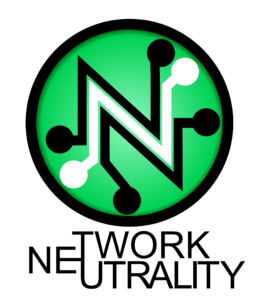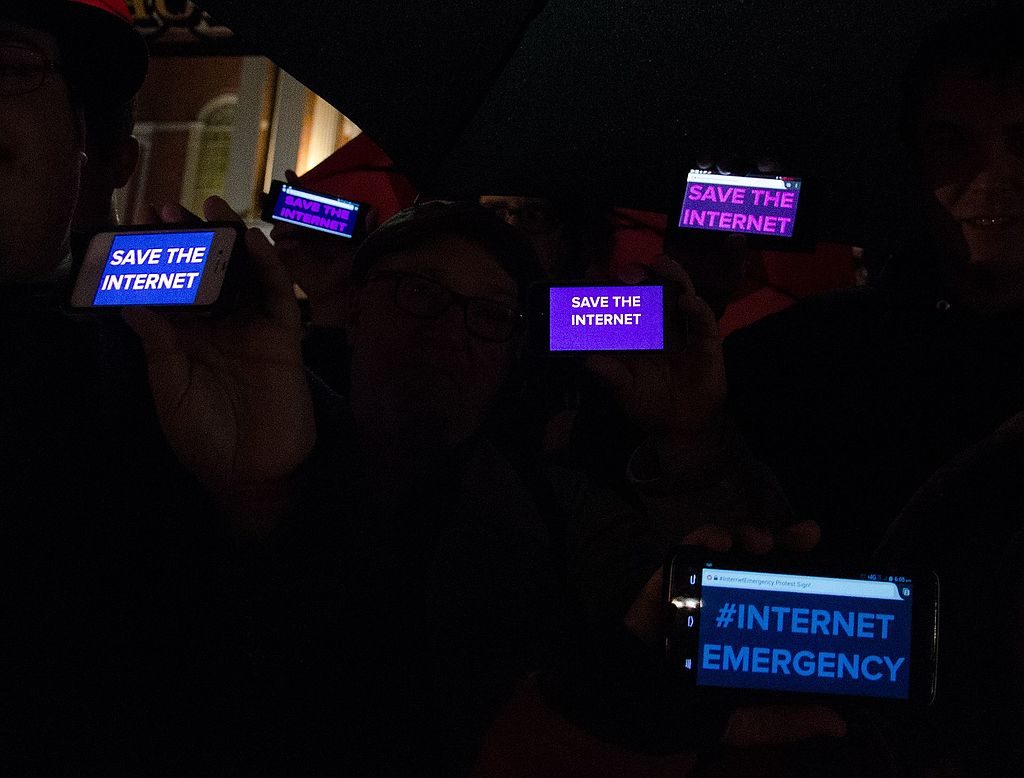
The FCC recently moved to repeal the Obama-era net neutrality laws. If you’re not sure what Net Neutrality means, imagine a big highway, dare I say a super-highway. Before the repeal, all your internet traffic could move along at the same speed. Now, internet providers have the opportunity to prioritize, or even block specific traffic from driving on the highway. Want to read ESPN.com? They can charge extra for that now. Or if you’re a competing sports publisher, block it all together.
However, it’s not just sports they can charge extra for. Any particular kind of data can draw their ire — even drone data. Your mind is probably jumping to the high-quality video that drones can record or the dozens of megapixel cameras contained therein. However, the problem is far broader than that. It affects all the glitzy operations that are being promised in the media: drone delivery, search and rescue, and of course, urban air mobility (human carrying drones).
If you want your burrito or pizza delivered by drone, that drone will likely need to operate in what’s called “Beyond Visual Line of Sight” (BVLOS). The lynchpin to this type of operation is a high-quality communications link to the aircraft. It needs constant information about other traffic in the area, changing weather conditions, and will be reporting back it’s location and other critical telemetry back at home base. The basis of BVLOS is a low latency high-quality connection. In fact, experiments done by Qualcomm demonstrate that the LTE network is an excellent solution for drones flying BVLOS at low altitudes.
However, LTE networks take enormous amounts of capital to create and maintain. So much so that there are only a handful of companies who’ve been able to afford such a network — Verizon being one such company. Unfortunately, companies with that much capital rarely work in one business. Early last year they acquired Skyward, a small drone company. With the repeal of net neutrality, Verizon could easily slow down the data of competing drone companies using it’s network, making the national airspace less safe for everyone.
The web of companies with various conflicts of interests in the net neutrality space can boggle the mind. For example, the Jeff Bezos-owned Washington Post could have it’s drone data intentionally slowed so that Verizon-owned Yahoo! can break the story first. They’ve admitted to doing as much before.
As commercial drones become more commonplace, the systems and networks they rely on become increasingly important. You probably wouldn’t want your commercial airliner to be receiving lower quality data because of some convoluted corporate competition.
The FCC needs to reinstate Net Neutrality as soon as possible. It’s not just about cat videos or the fourth estate. Without demonstrably reliable networks, our safety and the future of the commercial drone industry could fall victim to corporate behemoths looking to squeeze a few extra basis points for the quarter.
Josh regularly writes about drone related topics and eagerly shares his love of aviation and often-polarizing opinions on where it’s headed at industry conference presentations and panel discussions. Joshua holds a bachelor’s degree in poetry from Arizona State University.
